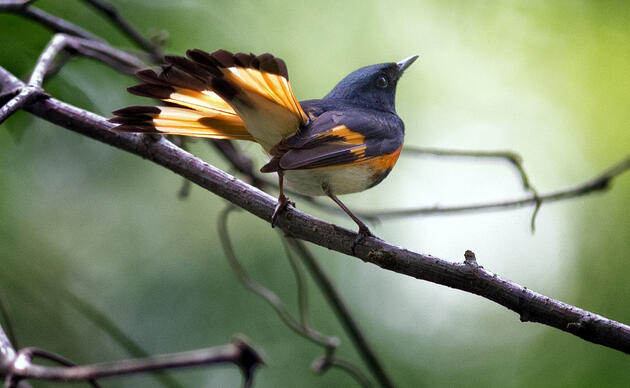Dr. Sastry Pamidi
The frontier of renewable energy is in energy storage, saving solar energy generated in the day for use at night, or powering electric vehicles over longer distances with greater capacity for passengers or cargo. Battery innovators are working to reduce the size of batteries, making them more portable and reducing the amount of energy they waste in the form of heat. One of the most promising tech frontiers for batteries? Superconductor applications, like those investigated by Dr. Sastry Pamidi and his team at the Florida A&M University-Florida State University College of Engineering and the Center for Advanced Power Systems.
Superconducting materials are much more efficient than traditional conductors for electricity storage and transmission. Traditionally, superconductors need to be operated at very cold temperatures; however, Dr. Pamidi and his colleagues’ innovative technologies allow the ‘new superconductors’ to be used at much higher temperatures, making them much more practical while maintaining the inherent efficiency of superconductors. This significantly higher efficiency means that cables and other storage devices can be smaller and emit little to no wasted heat.
“Superconducting technologies not only make the devices smaller and more efficient, but they can also change the whole architecture of electric power distribution,” Dr. Pamidi says. “The grid can be completely rethought to dramatically eliminate emissions and pollution while making the system safer and more sustainable.” Reducing the size and increasing efficiency offer tremendous opportunities for city infrastructure, transportation, and renewable energy generation.
For example, building infrastructure for electric vehicles requires cities and counties to lay more transmission cables, “But the ground beneath cities is already full,” he explains. Superconducting tech enables smaller cables to conduct more energy—reducing the underground transmission footprint while increasing capacity. The transportation sector contributes almost a third of United States’ carbon emissions. While smaller vehicles, like cars or light trucks, are transitioning to all-electric, it is much harder for larger vehicles, watercraft, and aircraft to do the same. Superconducting technology helps bridge this gap.
The aerospace industry—a notorious carbon polluter—is working hard to develop superconducting devices on aircraft, which would make each plane lighter, saving on fuel and reducing the carbon footprint of each flight. Excitingly, Dr. Pamidi’s Florida State University’s Center for Advanced Power Systems and Advanced Conductor Technologies, LLC—a small business—have already tested a superconducting cable that could lead to all-electric ships.
Superconducting technology also offers more efficient renewable energy production. In wind turbines, for example, it can make the generator and cables smaller, so the windmills can be lighter—this allows them to generate more power with a smaller physical footprint. These windmills have been successfully tested in Europe, and researchers hope for a full roll-out across the world.
Already, Dr. Pamidi’s research at the Florida State University Center for Advanced Power Systems is partnering with Florida businesses to develop technologies and bring jobs to the Sunshine State. “Strong research centers with cutting edge science attract renewable tech companies to Florida. We have the expertise and technologies, as well as a highly-skilled workforce trained at our universities.”
Dr. Pamidi and his team’s work on superconductor tech are not just building the future of renewable technology, but driving the growth of this sector and its jobs for Floridians.
How you can help, right now
Donate to Audubon
Help secure the future for birds at risk from climate change, habitat loss and other threats. Your support will power our science, education, advocacy and on-the-ground conservation efforts.
Become a Monthly Donor
Donating monthly is flexible, easy and convenient and makes you a champion birds can count on, no matter the season.
Volunteers Needed
Florida's birds and wildlife need your time and energy. Learn how you can become a citizen scientist or a volunteer at one of our nature centers today.




